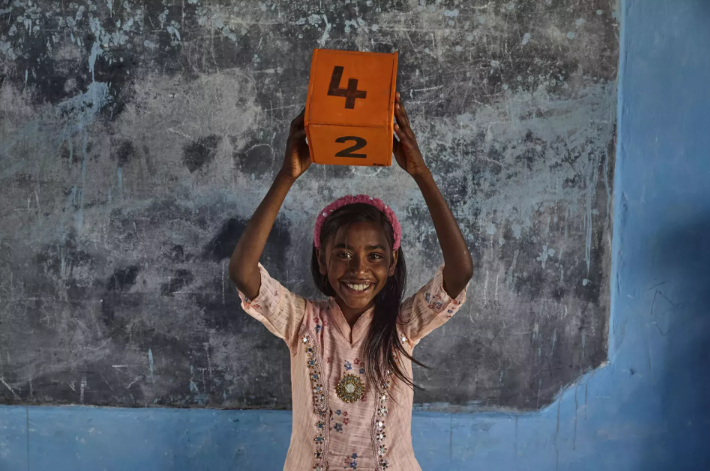
While significant progress has been made over the past two decades towards the elimination of child labour, there are still some 160 million children engaged in child labour worldwide.
Child labour not only violates children’s rights by depriving them of their right to education, safety and leisure, but it also impedes their ability to realize their full potential and capabilities by trapping them in exploitative and often hazardous work environments. A renewed effort is needed to realize the United Nations’ call, through the Sustainable Development Goals, for the elimination of all forms of child labour by 2025.
Factors that have contributed to progress in the decrease of child labour include declines in poverty and expansion of social protection, as well as improved access to school education. This research project focuses on India and Bangladesh, and explores the links between child schooling and labour, and the impact of education strategies and programmes on child work and labour.
Key findings
Demands on children’s labour, whether paid or unpaid, can affect their participation and learning in school and can adversely impact their physical and mental health and future opportunities. Girls are particularly affected by adverse social norms that mean they undertake a disproportionate amount of household chores. This reinforces the lower social value placed on their schooling and traps them in longer-term gender and generational poverty.
Education is an effective strategy to address child labour. Making school universal has gone hand-in-hand with reductions in child labour worldwide. Policymakers need to strengthen both access to, and quality of, elementary and secondary education. Effective strategies can include extending the school day to improve student retention, providing nutritious meals to support school enrolment and attendance, and providing scholarships to support continued education, particularly for older girls.
Children from disadvantaged backgrounds are more likely to be involved in child work or child labour. Expanding social protection programmes, such as universal cash transfers to socially and economically vulnerable families, would bolster school participation and reduce child labour.
Data and research on child labour and its links with education need to be strengthened. Accurate data and robust research, as well as documentation of children’s voices, are essential to inform effective policies and interventions.
Article Credit: unicef